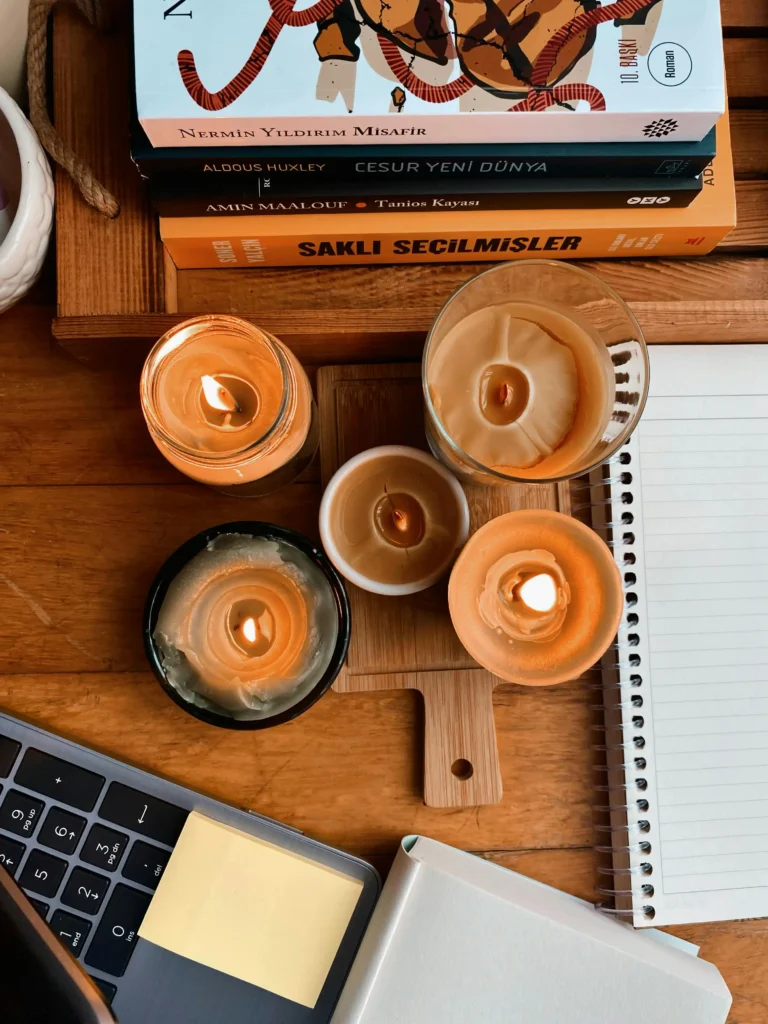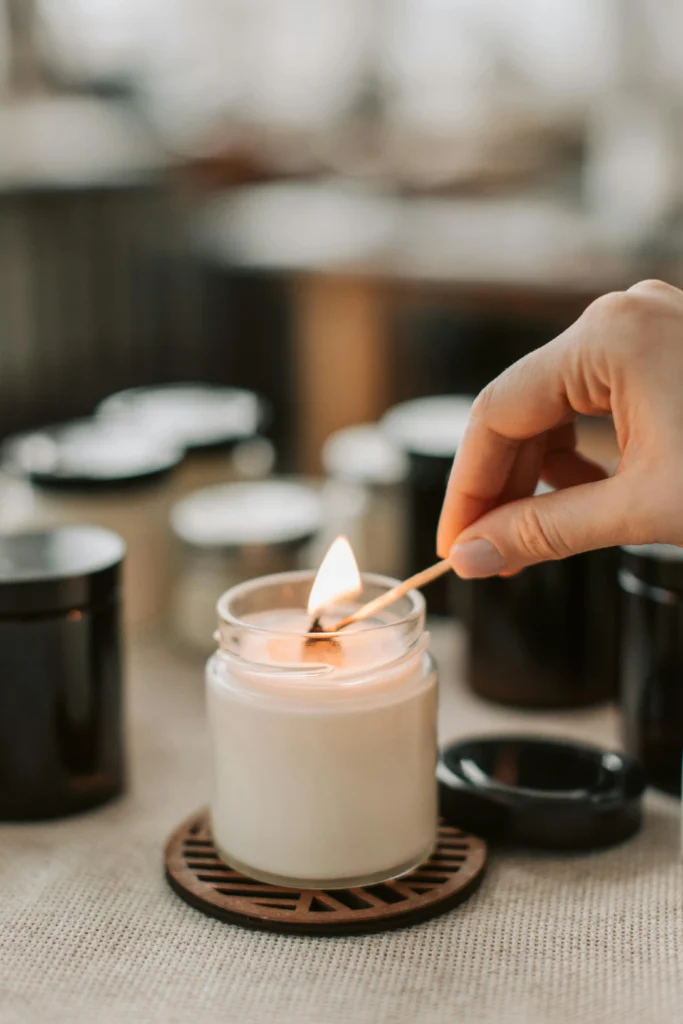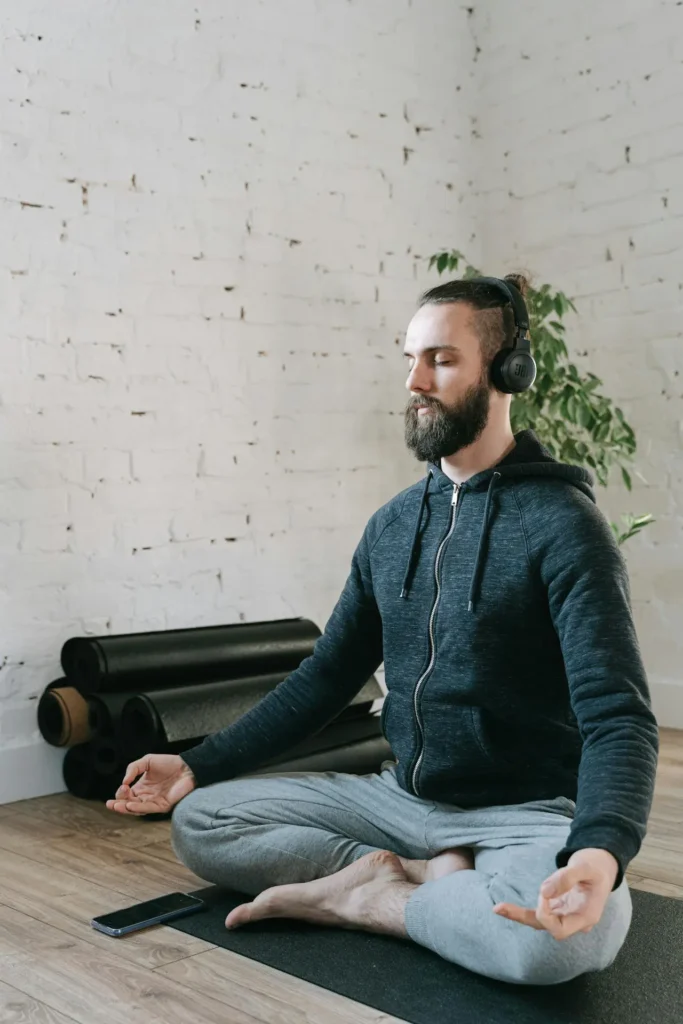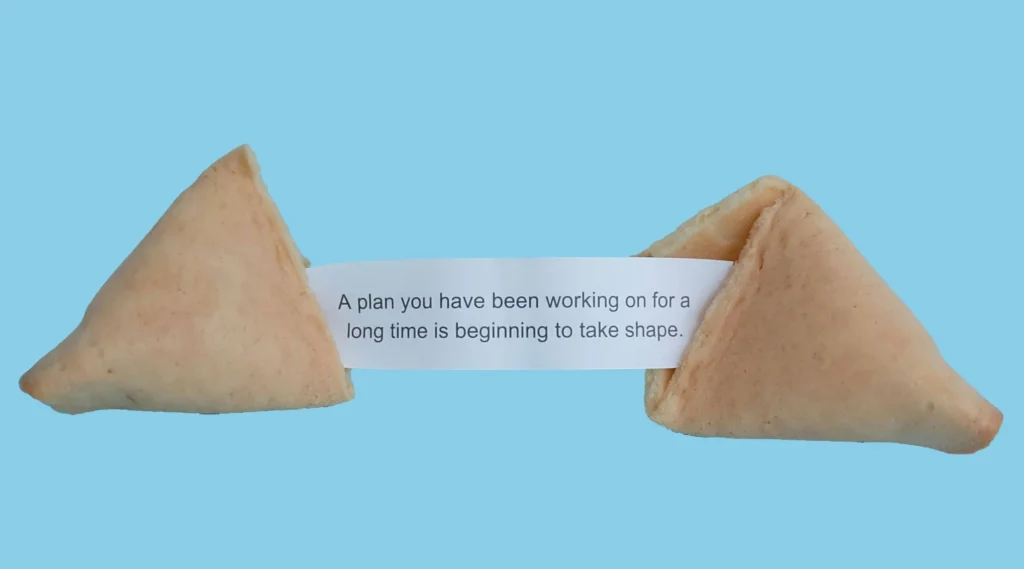There are days when the vibe in my room is just… off. Maybe I didn’t sleep well. Maybe I’ve been glued to my screen too long. Or maybe, I just opened the window and realized that fresh air still isn’t enough to shake off that dull, stale feeling.
That’s when I turn to something simple, cozy, and weirdly powerful: scented candles and incense sticks.
Not just for aesthetic — but for real, mood-shifting, focus-boosting energy.
Why Scents Can Actually Change Your Mood
Our brains connect smells to memories, emotions, and even focus. Certain scents can:
- Reduce stress (like lavender or chamomile)
- Boost alertness
- Make your space feel safer, cleaner, and more “you”
In short: scent is a fast, underrated way to reset your headspace.
Studying with Candles? Yes, It’s a Thing.
A lot of people use scented candles while studying — and not just for the vibes. Studies suggest that certain essential oils and scents may help:

- Increase concentration
- Improve memory retention
- Reduce anxiety during high-pressure tasks
For example, peppermint is known to help with mental clarity, while lemon and rosemary can improve alertness.
Personally? I love using fresh citrus or green tea scents while studying — it gives me that “okay, I’m focused now” type of boost without even realising it.

Make Your Space a Mood — Not Just a Room
When my space smells good, I feel good. It’s as simple as that.
Lighting a candle before opening my laptop, or having a soft scent floating in the background while journaling, makes me feel more grounded and intentional — like I’m doing something for myself, not just checking off tasks.
And let’s be honest: there’s nothing better than walking into a room that smells like calm.
Some Scented Favourites I Recommend
If you’re up for a walk, you can check out some asian markets or esoteric stores in your area. However, if you’re looking for some room scents on the more pricey side, I highly recommend going to the nearest Rituals store. They have a huge variety of different types of scents and each and every one of them smells unique.
But if you’re like me and rather order them online, here are some Amazon links for you that I have personally ordered over the years and would recommend:
Room Fragrance Diffusers
Both are great to have either in the bathroom or in the hallway. Every time I pass them, I smell the freshness right away.


Scented Sticks
When I decided to stock up my scented sticks, I actually bought both packs because I wasn’t sure which ones smell better. I have to say that both packs are great and I still have lots of them a year later.
Incense Holders
I first bought the flat one because I wanted to have a classic holder but then I decided to add another one that looks nicer as decoration. However, both are getting the job done.


Scented Candles
I have bought both candles as presents and haven’t heard any complaints about the smells. Very neutral smells that are not the usual type of scents you’d smell at someone’s es home.
In Conclusion: Little Things Can Shift Big Energy
You don’t need to completely redecorate your space to feel better.
Sometimes, a soft scent, a warm flicker, and 10 seconds of breathing deeper can change your entire mindset.
If you’ve been feeling off, low-energy, or disconnected from your space — try adding a little scent into the mix. It might just be your new favourite ritual.






















